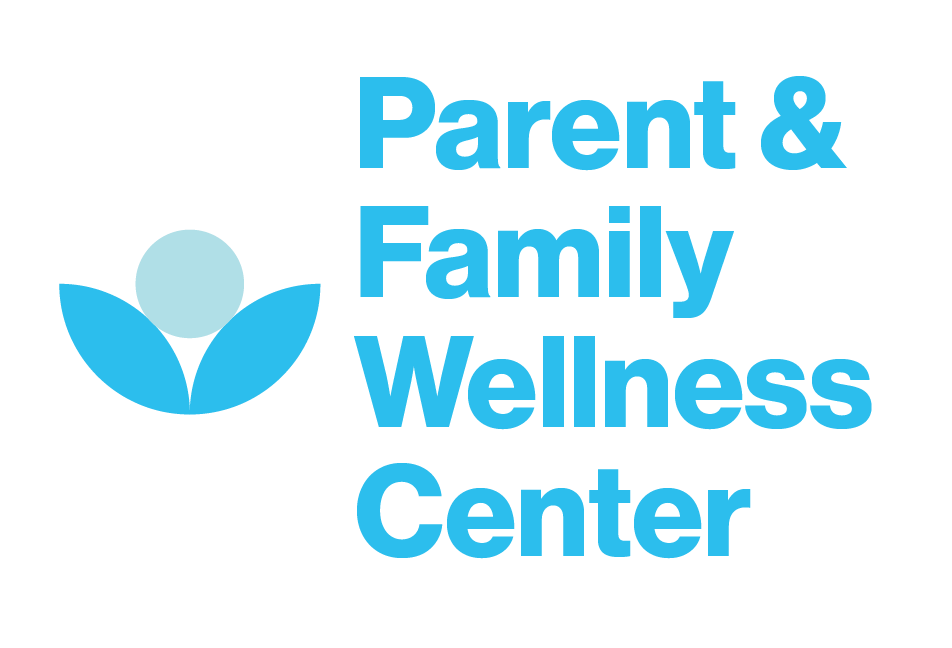When Postpartum Depression Leads to Divorce
Katherine recently asked me to write a post on postpartum depression and divorce. She wrote:
I’ve had a mom recently ask about divorce … how to deal with it when a husband divorces you over PPD. There are some moms whose husbands treat them horribly during PPD or really just do not understand it at all and actually leave their wives because of it. What do they do? How do they handle that?
Yeah. It’s a big one.
I have been trying to write this post for three weeks now. Three weeks. Every time I sit down to write about it I get stuck. Stuck because I think of all of the many moms who I have worked with whose marriages have ended either during or following a bout of postpartum depression. Stuck because that question about “how to deal with it” triggers that part of me that wants to have an answer for everything, the ability to fix things for people, and a magic button that I can push over and over for the women who suffer deeply after having a baby. Stuck because, well frankly, I don’t know that there is a magic answer here. Except that this is really, really hard.
It’s that big.
What we know is that the first year after becoming parents is statistically the most challenging for married couples. This is the case for a couple that is not also managing the impact of a perinatal mood or anxiety disorder like postpartum depression, and so you can imagine how the statistics rise when you throw PPD into the picture. In our society today, some 40-50% first time marriages will end in divorce.
One of the top causes for divorce is communication struggles. More times than not, when a mom is suffering with postpartum depression or anxiety her partner is confused, unsure of how to help, angry, and disappointed. And the moms don’t always know how to explain their challenges to him/her in a way that will benefit the strength of the marriage or partnership because she is also confused, unsure of how to feel better, disappointed and angry. Dad is angry with Mom. Mom is angry with Dad. Neither of them knows how to talk to the other about what is happening and so they stop talking. Or talking turns to yelling. The team breaks down and the marriage ends. Communication struggles occur in almost every partnership when postpartum depression is involved. And sometimes a marriage simply cannot recover from this, especially if there were struggles in communication before a pregnancy or baby entered the picture.
It can seem as though a marriage is ending because of postpartum depression, and while sometimes this may be absolutely true (meaning that a once strong marriage suddenly crumbles in the aftermath of PPD), often the marriage is ending because of something that the PPD magnified, be it challenges in communication, lack of trust, lack of loyalty, financial challenges, or simply irreconcilable differences. We can assume the cause of divorce is postpartum depression when PPD may actually be the straw that broke the camel’s back.
Relationship conflict during or after postpartum depression is a reality. I recently wrote a post on relationships for Postpartum Progress that discussed a common phenomenon that can happen: Women get stronger and well and their marriages fall behind due to new self understanding and a lack of relationship attention. This post spoke about the importance of couple’s therapy during or after PPD recovery so that the couple can begin to thrive and become well again after hurts, misunderstandings, and lack of focus. Sometimes couples seek out therapy support, sometimes they do not. Sometimes the couple’s therapy works to save a marriage, sometimes it does not. And, yes, divorce does happen.
As far as the question, “how can moms handle it when Dad leaves after PPD,” the answer is that, like with any loss, or trauma, a mom needs support. Sometimes love, care, and validation from friends and family is enough. Sometimes moms need a therapist to help them work though the myriad of complicated emotions that they feel. But, regardless of who that mom is, how strong she may be, and how on-board she is (or isn’t) with the decision to end a marriage, she cannot expect herself to get through it alone.
So, if this post speaks to you, be kind to yourself. Remember that it is not your fault. Be wary of self-judgment and the familiar places that you go to when you are at your most vulnerable; the self-critical places that hold you down and repeatedly make it difficult to come up for air. Remember that maintaining a strong marriage is not solely up to you and that two people need to work together to make it out of the quicksand. And know that it is both okay and also entirely appropriate to feel the gamut of what you are feeling: the anger, sadness, disappointment, regrets are all valid and important for you to experience (even if you’d rather just move on quickly). And know this: There are others like you out there, and you are not alone.
Did your marriage end in divorce after postpartum depression? If so, what did you do to manage the stress? How did you get through it? What helped you to take care of yourself during this challenging time?
